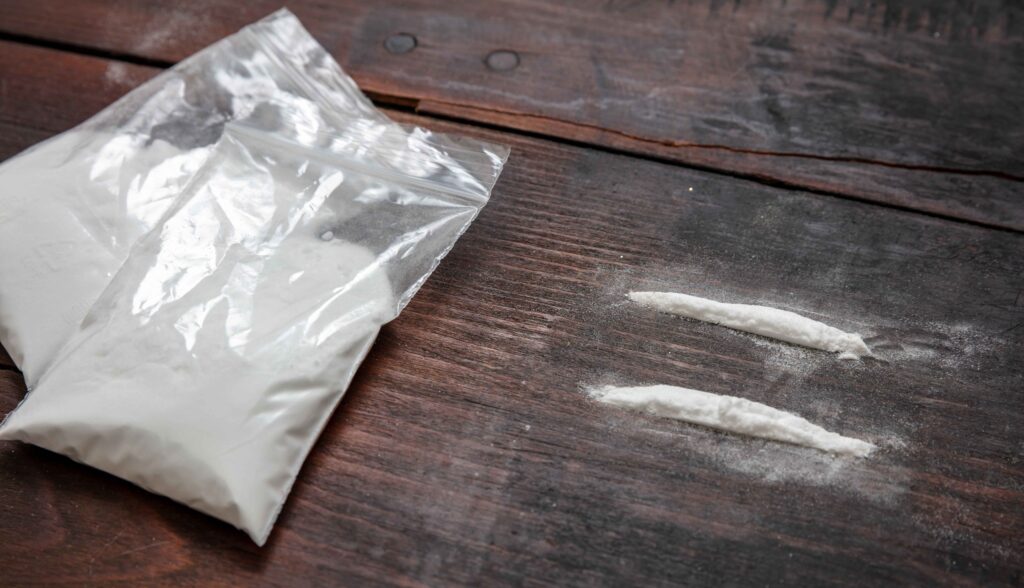Kent county lines : What are county lines gangs?
Criminal exploitation occurs along county lines. When criminals befriend children, either online or offline, and then manipulate them into drug dealing, this is what happens regardless of the police force’s attempts to cut down on these activities.
The “county line” is the mobile phone line used to take orders for illegal drugs.
Why are county lines such a risk?
County line gangs have aided in the spread of firearms and drugs in urban areas.
Certain children, adolescents, and adults are particularly vulnerable and at risk of being drawn into county lines. These include looked-after children (children in care), children unknown to services (the lockdown resulted in an increase in children being taken out of school), missing children, vulnerable adults, and others who may be threatened with violence or exploited as a result of their drug addiction.
How common is drug trafficking in the UK?
According to official statistics from 2022, approximately one in every 11 adults aged 16 to 59 years and one in every five adults aged 16-24 years reported using illegal drugs in the year ending June 2022; there was no change compared to the year ending March 2020.
Many types of illegal drugs originate in other countries and are trafficked into the UK via a variety of routes, including:
Container transport
Small boats and yachts
Light planes
Continental European vehicle traffic
The postal service and express parcel delivery
According to the National Crime Agency, profits are high at all stages of drug trafficking, but especially for those who have access to the drugs in the source country.
When did they start?
The NCA issued its first report on the emerging ‘criminal business model’ of county lines in 2015, but the phenomenon most likely existed earlier.
In an interview with crime and justice consultants Crest Advisory, one young person involved in county lines gangs said: “I think county lines have always been there 2017, or even before then…it wasn’t as hot.
“They [police] hadn’t caught on to it. They didn’t have the operations running to do the raids and stuff.”
The heroin and crack cocaine epidemics of the 1980s and 1990s prompted a significant police response in urban areas, making it more difficult to deal openly, which may have prompted gangs to devise new methods of evasion.
What is being done to stop risks?
The government has a 10-year plan to combat illegal drugs, which includes the following elements:
1. restricting upstream flow – preventing drugs from reaching the country
2. securing the border – a ring of steel to stop drugs entering the UK
3. targeting the ‘middle market’ – breaking the ability of gangs to supply drugs wholesale to neighbourhood dealers
4. going after the money – disrupting drug gang operations and seizing their cash
5. rolling up county lines – bringing perpetrators to justice, safeguarding and supporting victims, and reducing violence and homicide
6. tackling the retail market – so that the police are better able to target local drug gangs and street dealing
7. restricting the supply of drugs into prisons – technology and skills to improve security and detection
How to tell if a county lines drug gang are in your area
There are a few red flags that a child in your area may be involved in cross-county activity.
These are the things to look out for, according to Crimestoppers:
- Changes in emotional well-being or a child/young person going missing from school or home.
- A person encountering unknown adults or a change in their behaviour
- drug and alcohol abuse
- Unknown bus or train tickets
- Obtaining money or expensive gifts that they are unable to account for
- Children from outside the area who are alone
- Individuals who own multiple phones, tablets, or SIM cards.
- Use of unusual terms, such as “going country.”
- Characters with suspicious appearances coming and going from a neighbor’s house.
- Relationships with controlling or older individuals, or associations with gangs.
- Suspicious behaviour, physical assault, malnutrition, or unexplained injuries.
What to do if you come across a county lines gang?
In an emergency, or if you witness a crime being committed, always dial 999.
If you have any information about someone who has recently relocated in order to establish an illegal drug network and who may be using violence or abuse to carry out their activities, you should contact Crimestoppers.
You can call its contact centre anonymously at 0800 555 111 or use its non-traceable online form.
Crimestoppers will never ask for your name, and neither your phone call nor your online report will be tracked.
Photo Credit: Rawf8 @Envato
